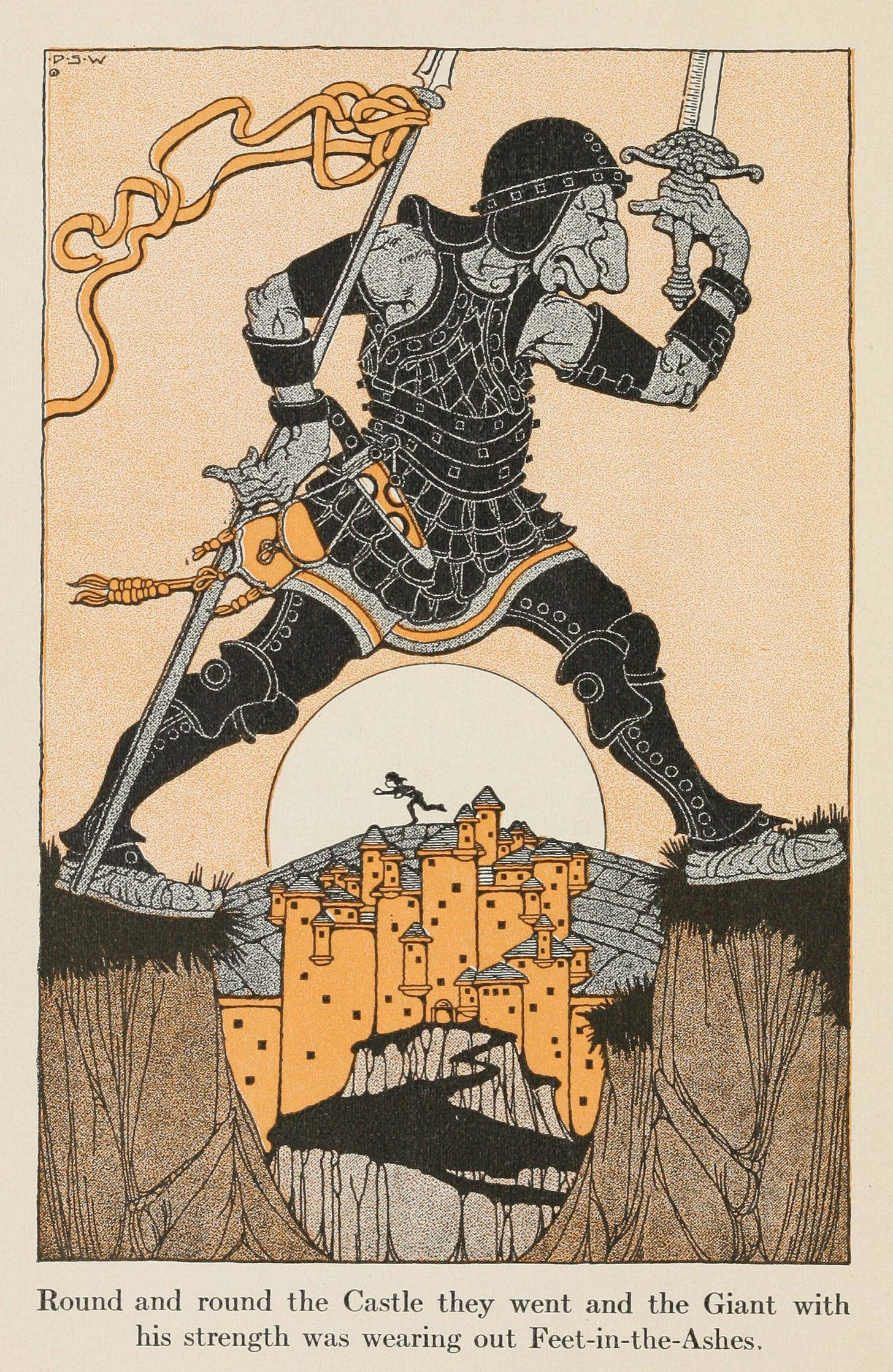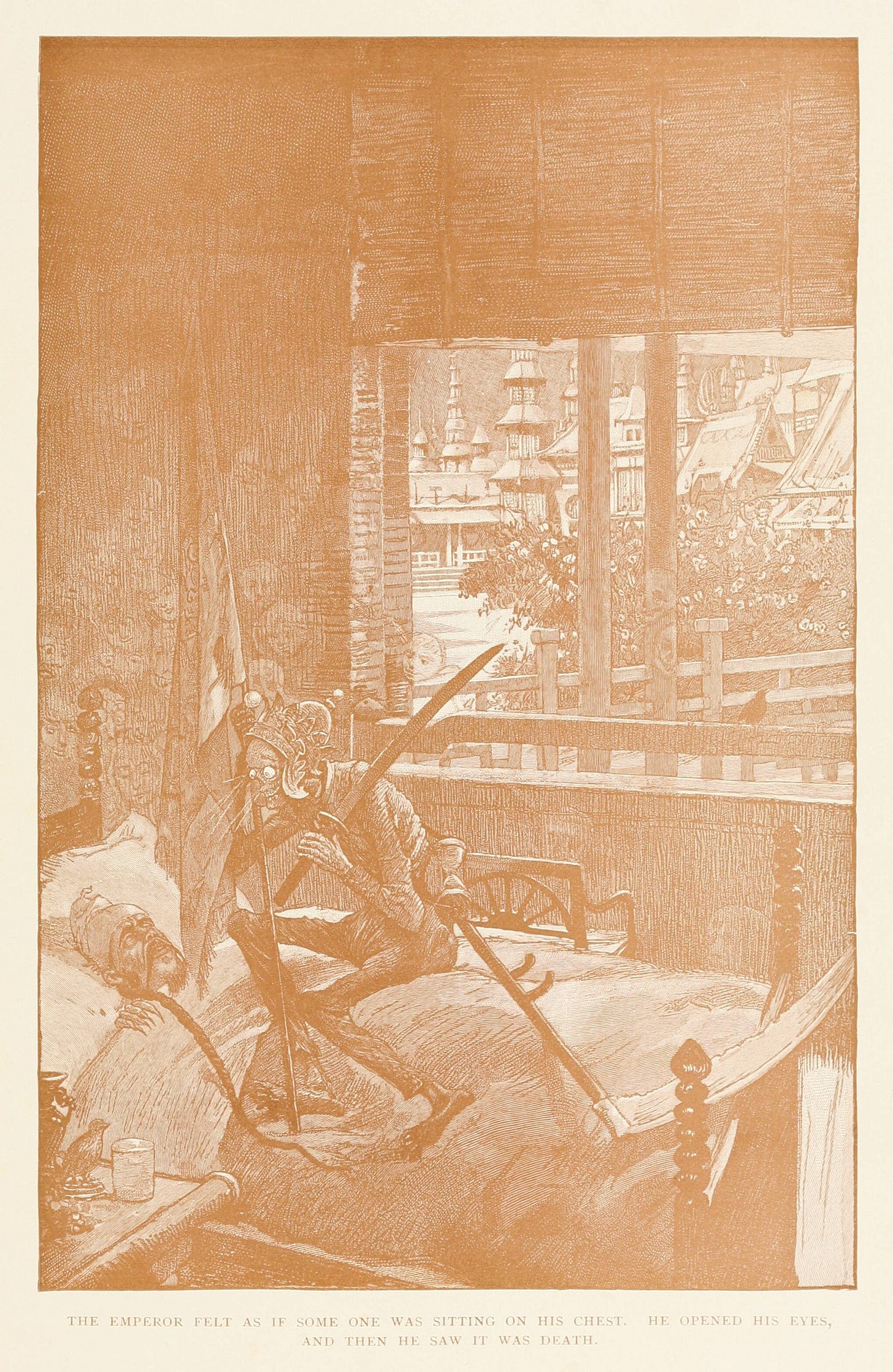Thoughts on Swords
Swords are, in a manner of speaking, things that shouldn’t be trusted.
Swords lust for violence. It’s in their nature, after all. They’re meant for swiping, slashing, clashing, and killing. They drink blood and make ghosts eagerly and in equal measure.
Not all swords are equal, of course.
There are swords of those pressed into service, which are scared and frail things that rarely linger in hands long enough to kill. These swords are fated to lives of rust and mud; forged for some fateful purpose that they fell woefully short of.
Other swords are like starved beasts on leashes: killers of men all. These swords are sheathed to hide them from society, for when they’re drawn, they must sup. We allow these swords, often because they are wielded by what we know are “good” people.
It’s unlikely their victims would think the same.
Of course, some swords have been fed too much and too often and begin to think for themselves. Their thoughts are of wind and blood, sweat and toil, thunder and rage. They know nothing of love and abhor the idea of peace.
They are to be thrown into cairns and forgotten, whenever possible.
All swords, regardless of origin, can speak.
Even the lowest crude-blade can call to hands that will lead it to glory or ruin. Swords of larger appetites speak louder, of course. They showcase their plumage, winking in dark recesses, promising quick deaths to any and all. Only those who see the world in the ways swords do can hear a sword’s voice. These calls can induce goosebumps, feelings of nausea, or other physical maladies in those who listen to them. These are psychic battles of will between blade and wielder.
Rarely, if ever, does the sword lose.
Some say that a sword is a weapon of protection or a symbol of duty. These are told by those who are addicted to the sweet lies their swords tell them. A sword is no more a protector than a heavy rock is a loaf of bread. Swords are meant to do one thing: Cut. And it is only through the Cut that swords tell truths.
Anything else a sword claims to do is a lie.
When a sword lives long enough, it gains a name and a reputation. Both are pernicious to a sword’s power, so swords will try to go as long as possible without them. Names are, as most know, shackles — when one knows another’s name, they gain a certain power over them.
Swords despise this.
Beware, then, the sword with no name; for it has either gotten all its previous wielders killed, or it is wielded by one who has fully submitted to it. And a wielder subservient to its blade is a dog that has tasted human flesh — it cannot be trusted ever again. They are little more than vessels for the parasitic blade; a method for the blade to walk the land.
Swords are different than other weapons for the things listed above. An axe cuts like a blade, but it does so for hearth and home foremost. A sickle slashes like a blade, but it does so for the labor of feeding others. Hammers build. Arrows hunt.
Swords do none of those things. A sword will not kill a doe or knock a bird from the sky nor build a house or feed a home.
If you are offered a sword, reject it. It will not bring you safety or security.
A sword brings only death.
d66 Swords: A Resource
Click here (or the image below) to download.

This article is brought to you by the following paid subscribers who make this newsletter possible:
Azzlegog
Colin
DSPaul
Michael Phillips
Mori
Space Pirate












cool suplements but real knights know:
“Non mi snudar senza ragione, non mi impugnar senza valore.”
The swords in the table are wildly flavorful! Each one I read, I could imagine a corresponding mechanic or roleplay element. If I ran a longer term campaign in a game like Shadowdark, all weapons would be reflavoring from this table